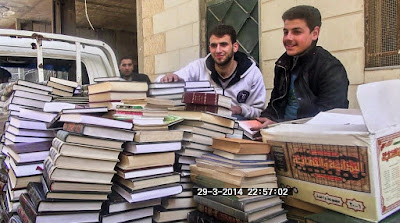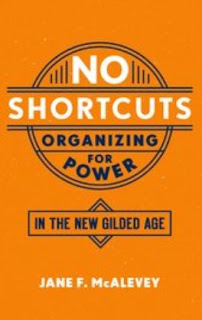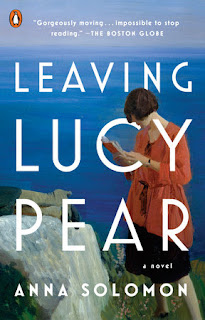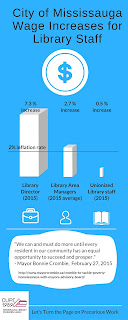things i heard at the library: an occasional series: #32

I emailed this to my colleagues and our administrators; I should share it with wmtc readers, too. Along with many library workers, I am worried that our most vulnerable neighbours are being left behind. * * * * I just heard a heartbreaking lament from one of our regular customers, who was here for curbside. She told us that most people she knows do not have internet access or any TV service, and many do not have phones. They rely on library staff to suggest and order materials for them. We assured her that we can still do that. We asked her to encourage folks to show up during curbside hours and we will find books and DVDs for them. Then she said, “It’s not just the boredom. It’s the isolation. It’s the friendship. We are a poor community, and this library is our lifeline. I would work on the jigsaw puzzle or read a magazine, but that was just an excuse to be among people, to see friendly faces, to connect. The other place we would hang out is the Salvation Army – also closed. Many peo...







